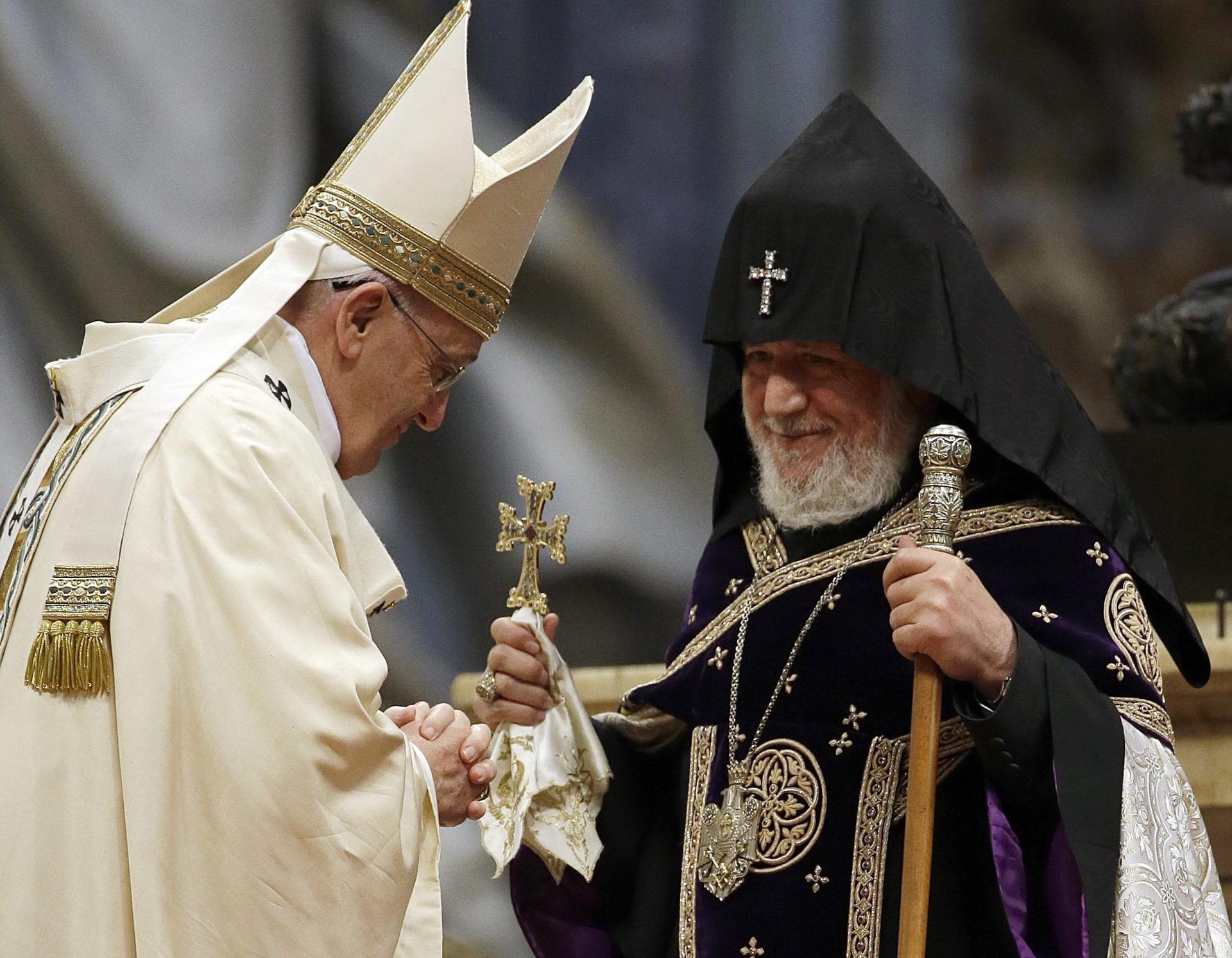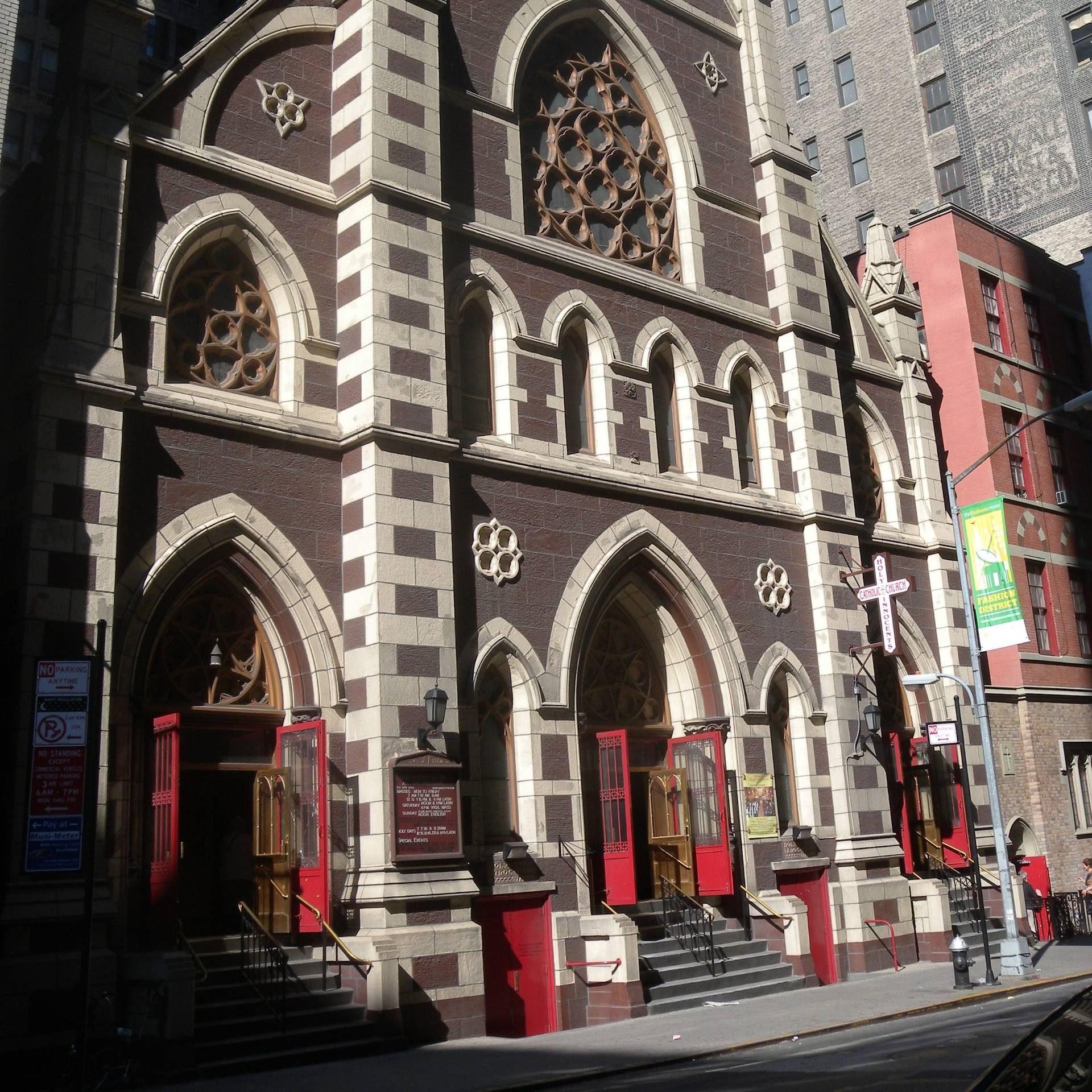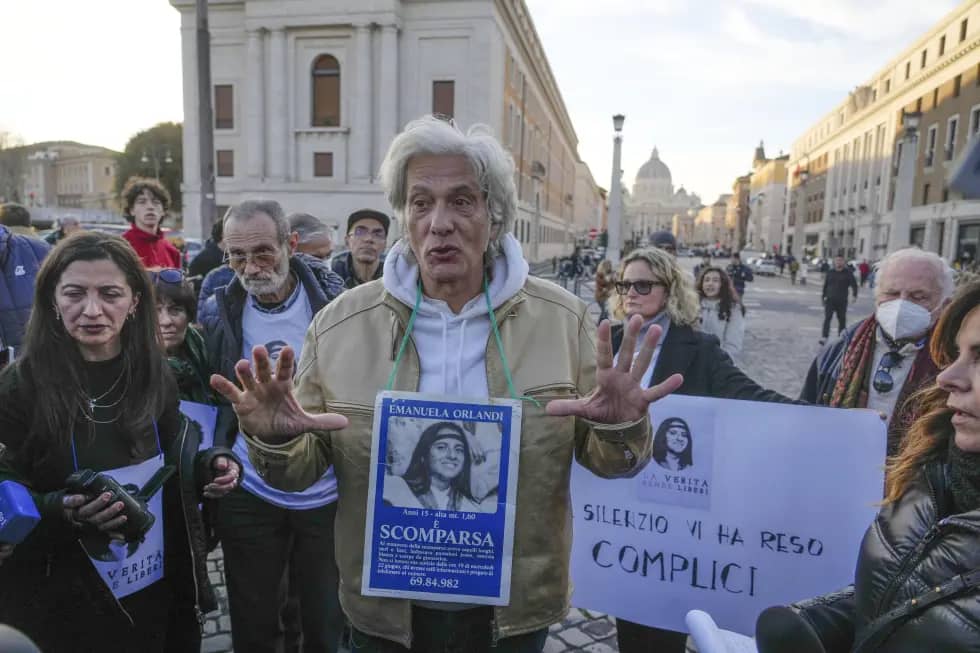A Vatican spokesman on Tuesday managed to get through an entire 40-minute briefing on Pope Francis’ upcoming June 24-26 trip to Armenia without once uttering the word “genocide,” despite the fact he knew full well that everyone in the room was waiting to hear him say it.
That discretion, taken in tandem with the pontiff’s recent declaration that he prefers the term “martyrdom” to “genocide” to describe what’s happening in the Middle East today, may induce some to wonder if the Vatican is backing away from what had been its fairly steadfast support for use of the word “genocide” to describe Christian suffering of both the past and the present.
Listening carefully to the explanations that have been given for these linguistic choices, however, it would seem the basic answer is “no.”
It’s not that the Vatican is saying anti-Christian atrocities, whenever they’ve occurred, are anything less than genocide; what they seem to be saying instead is that they’re also something more. “Genocide” is fundamentally a legal word, and churchmen naturally feel there’s something missing in capturing the full scope of what’s happening.
During the Tuesday briefing, Father Federico Lombardi S.J., the pope’s spokesman, studiously used the term Medz Yeghern (literally in Armenian, the “great calamity”) whenever context demanded a reference to the wholesale slaughter of an estimated 1.5 million Armenians, most of them Christians, in the old Ottoman Empire beginning in 1915.
In the past, popes and Vatican officials alike have explicitly used the term “genocide” to refer to the decimation of the Armenian people, braving predictable diplomatic and political protest from the Turks in order to do so. The fact that Lombardi seemed to go out of his way to avoid invoking the word, therefore, struck many observers as deliberate.
It seemed all the more a product of calculation coming just 48 hours after Pope Francis told an audience at Rome’s Villa Nazareth that describing what’s happening to Christians today in places such as Iraq and Syria as a genocide is a “sociological reductionism.”
The question of which phrasing the Vatican supports takes on extra relevance, given that activists on behalf of persecuted Christians, Yazidis and other minorities in Iraq and Syria cited the pope’s use of the vocabulary of “genocide” earlier in the year in lobbying U.S. Secretary of State John Kerry to make an official finding that genocide is underway, and are currently invoking Francis and the Vatican again in an effort to persuade the United Nations to do the same.
In early May, an advocacy group called CitizenGO delivered a petition with more than 400,000 signatures to U.N. Secretary-General Ban Ki-moon asking the Security Council to declare ISIS guilty of genocide and to take appropriate measures to combat it.
A perception that Pope Francis individually, or the Vatican corporately, is backpedaling, could be damaging to that push.
Drilling down, however, the impression one gets is not that the Vatican is backpedaling so much as pushing forward, insisting that calling a situation a “genocide” is a beginning rather than an end.
It’s not that the Vatican is saying the carnage in question, either from a century ago or the present, doesn’t rise to the level of a “genocide,” meaning a campaign of extermination targeted at a specific group. It’s instead that the term “genocide,” as terrifying and awful as it is, almost isn’t sufficient to capture the full reality of the horror.
“No one here denies” that a genocide occurred, Lombardi said on Tuesday, pointing out that a joint declaration signed by St. John Paul II and Patriarch Karekin II of the Armenian Apostolic Church in 2001 described the suffering of the Armenians at the hands of the Turks as “the first genocide of the 20th century.”
“We all know very well what happened, and the pope is going to the memorial to recall it,” he said, referring to a scheduled stop by Pope Francis at the Armenian genocide memorial on Saturday, June 25.
Lombardi also pointed out that last year, when Pope Francis celebrated a Mass for the anniversary of the slaughter, he explicitly used the word “genocide” to describe it. (Although Lombardi didn’t make the point himself, it’s worth noting that Turkey recalled its Vatican ambassador for “consultations” in protest over that event.)
Lombardi insisted that he used the Armenian phrase, Medz Yeghern, not because it’s weaker than “genocide” but because it’s “even stronger.”
“I’m free to use the word, the term that my Armenian brothers use, [and] I think everyone knows very well what it means,” Lombardi said.
In a similar vein, that seemed to be the gist of Pope Francis’ comments on Sunday at the Villa Nazareth in Rome, a residence for low-income students in the city.
Referring to 13 Egyptian Coptic Christians beheaded by the ISIS terrorist group in 2014, Francis insisted that they didn’t die on behalf of some political cause or to prove a theory in social science, but as “witnesses of the Christian faith.”
“This is the destiny of a Christian,” the pontiff said. “Giving witness is a difficult situation. I don’t like it when [some] speak of a Christian genocide in the Middle East: It’s a reductionism.”
It’s obviously not that Pope Francis believes “genocide” is overstating the case. It’s precisely the term he used, for instance, in Bolivia in July 2015 to capture the contemporary reality for Christians in the Middle East.
“Today we are dismayed to see how in the Middle East and elsewhere in the world many of our brothers and sisters are persecuted, tortured and killed for their faith in Jesus,” he said then.
“In this third world war, waged piecemeal, which we are now experiencing, a form of genocide is taking place, and it must end.”
However, what Francis seems to want to add to the discussion is that ultimately, no word drawn from political science and law is adequate to capture the spiritual significance of someone willing to give their life for their faith.
To translate all this into political argot, nothing coming out of the Vatican these days offers any relief to those who want to avoid ruffling feathers by using the “g” word.
Rather, neither the pope nor his spokesmen seem to want to be forced into the box of having to fall back exclusively on sociological vocabulary for what are, in their view, fundamentally moral and spiritual tragedies.
In other words, it’s not that “genocide” is too much — it’s that, finally, it’s not enough.

















